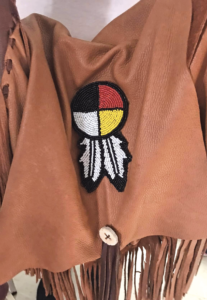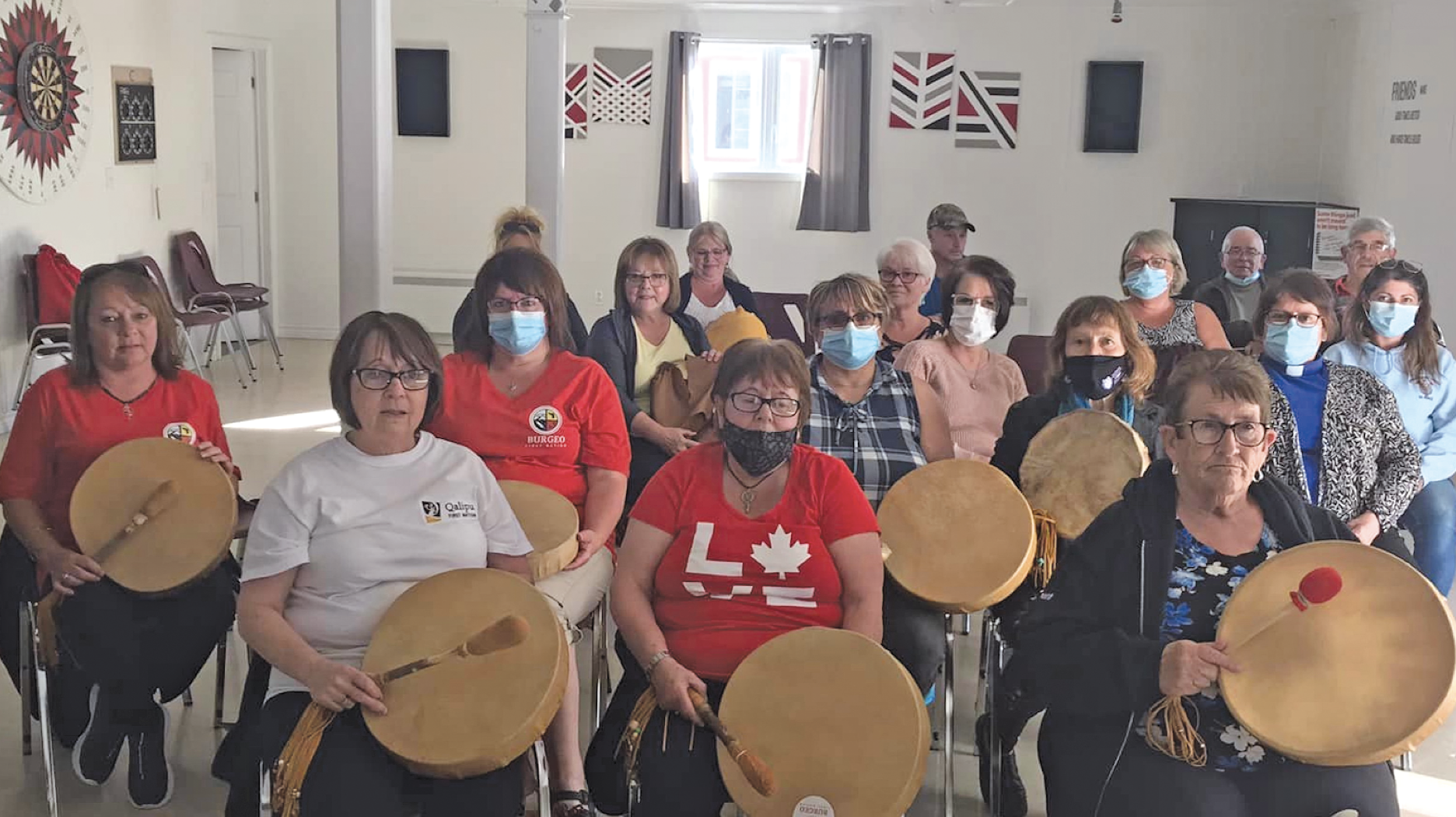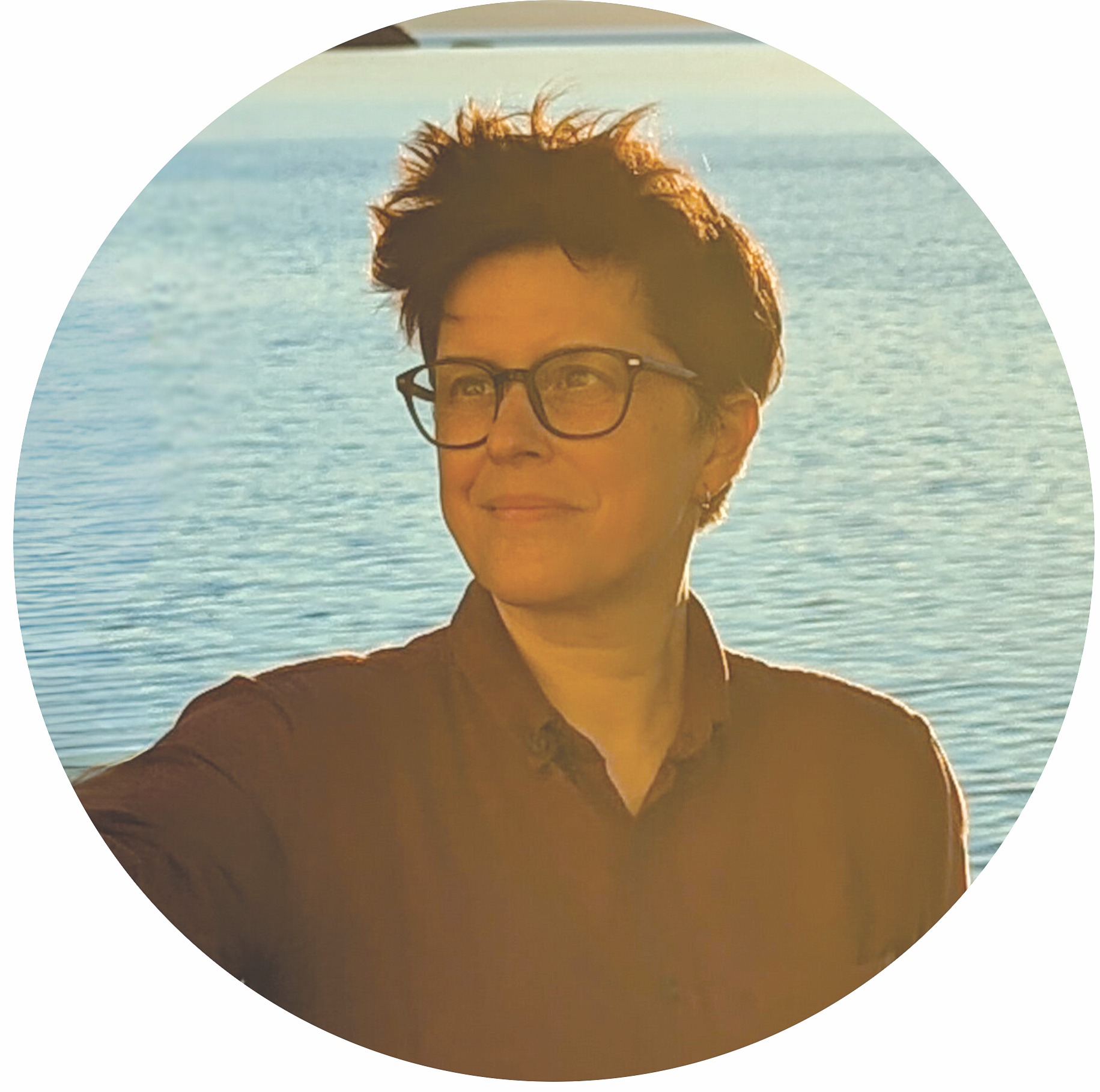On June 15th, Bishop John Organ of the Diocese of Western Newfoundland met with the Mi’kmaq Band of Burgeo. This meeting saw a unanimous agreement on the part of the Band to welcome an invitation by the Anglican Church to explore developing a piece of land (where the parish hall had been), located in the heart of the community. This will be a combined project along with the Town Council of Burgeo.
In his post on Facebook, Bishop Organ said: “The goal of this potential development is to continue the work of reconciliation with our Indigenous sisters and brothers and to walk together into the future with respect, harmony, and goodwill. Burgeo will be one of the first rural communities in our diocese to take this important and reconciling step. So very thankful to the Band, the Town of Burgeo, the Anglican Parish by the Sea, the Diocese of Western Newfoundland (Labrador Straits), and the Anglican Church of Canada. So very grateful especially to God, our Creator.”

Following this reconciliation event, on National Indigenous Peoples’ Day (June 21st), The Diocese of Western Newfoundland officially proclaimed the Indigenous Land Acknowledgment in their parishes, which had been a decision made at their Diocesan Synod. It says the following:
“We respectfully acknowledge the territory in which we gather as the ancestral homelands of the Beothuk*, and the island of Newfoundland as the ancestral homelands of the Mi’kmaq and Beothuk. We would also like to recognize the Inuit of Nunatsiavut and NunatuKavut and the Innu of Nitassinan, and their ancestors, as the original people of Labrador. We strive for respectful relationships with all the peoples of this province as we search for collective healing and true reconciliation and honour this beautiful land together.
*The Beothuk are now understood to be an extinct First Nation. The last Beothuk, Mary March (Demasduit), died 1820, age 23.”


